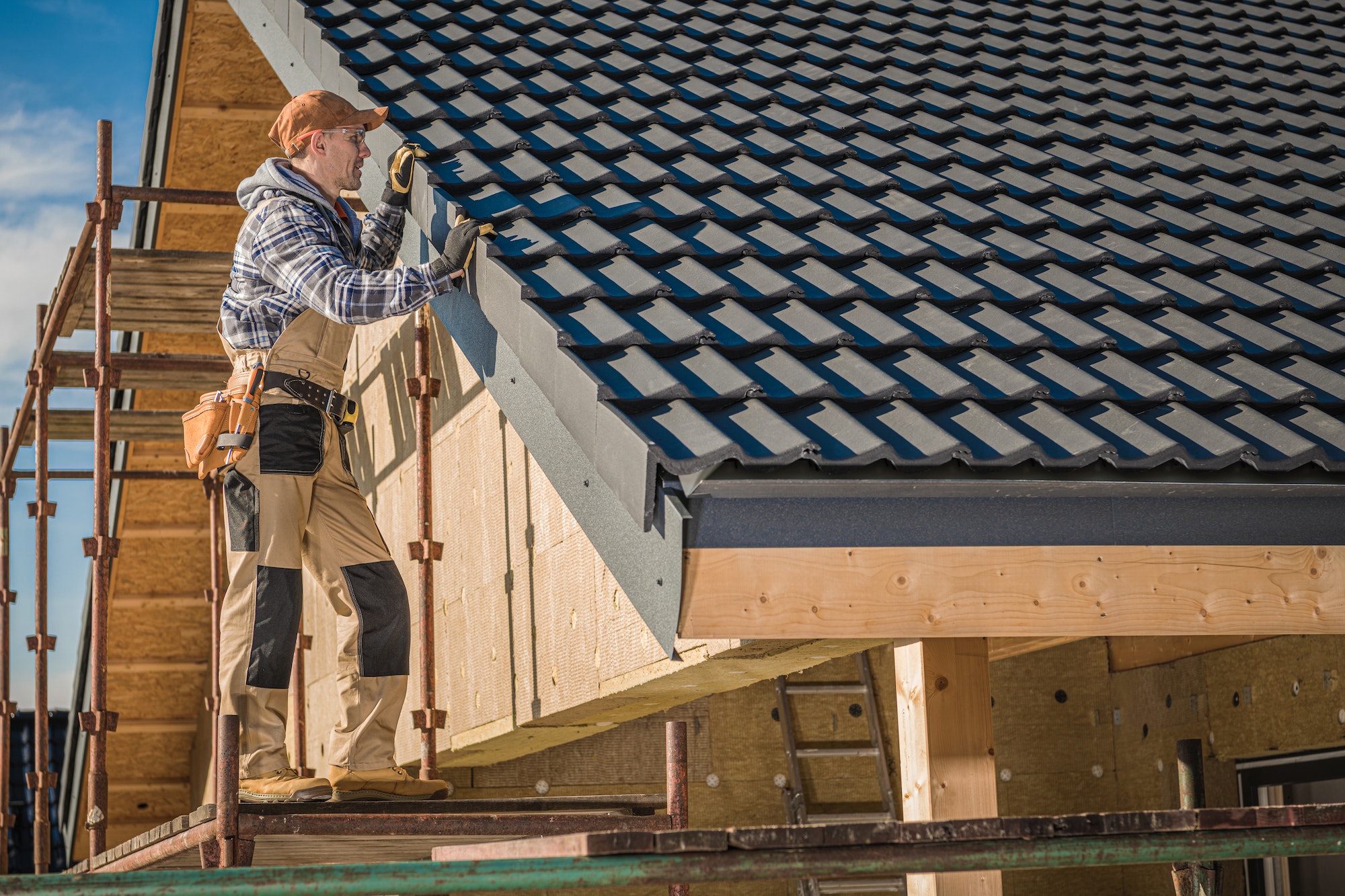Selecting the right commercial flooring contractor is crucial for the success of any flooring project. Whether you’re renovating an office, a retail space, or an industrial facility, the quality of the installation can significantly impact aesthetics, durability, and functionality. Here’s a comprehensive guide on how to choose the best commercial flooring contractors to ensure a seamless and satisfactory experience.
Define Your Project Requirements
Before you start searching for a contractor, clearly outline your project requirements. Consider the following:
Type of Flooring: Are you interested in carpet, hardwood, vinyl, tile, or epoxy? Each material has its own characteristics, and knowing your preferred option will help narrow down potential contractors.
Scope of Work: Determine the size of the area to be covered, any special features (like design patterns), and whether you need additional services such as flooring removal or underlayment installation.
Budget: Establish a budget that includes not just the flooring material but also labor costs, any necessary permits, and additional services.
Research Potential Contractors
Once you’ve defined your project requirements, start researching potential contractors. Here are some effective ways to gather information:
Online Searches: Use search engines to find commercial flooring contractors in your area. Look for companies with websites that showcase their services and completed projects.
Referrals: Ask colleagues, friends, or business associates for recommendations. Personal experiences can provide valuable insights.
Industry Associations: Check memberships with industry associations such as the National Floorcovering Association (NFA) or the Floor Covering Installation Contractors Association (FCICA). Membership can indicate a commitment to professionalism and standards.
Check Credentials and Experience
After compiling a list of potential contractors, assess their credentials and experience:
Licensing and Insurance: Ensure the contractor is licensed to operate in your area. Verify that they carry liability insurance and workers’ compensation insurance to protect you from any potential liabilities during the project.
Experience: Inquire about the contractor’s experience in commercial flooring specifically. A contractor with a solid track record in commercial projects will be more adept at handling challenges that may arise.
Portfolio: Ask for examples of previous work, especially projects similar to yours. A well-curated portfolio can showcase their skill and versatility.
Read Reviews and Testimonials
Research online reviews and testimonials from past clients to gauge the contractor’s reputation. Websites like Google Reviews, Yelp, and Angie’s List can provide insights into customer satisfaction. Pay attention to feedback about:
Quality of Work: Look for comments regarding the craftsmanship and durability of the flooring installed.
Professionalism: Assess reviews that mention the contractor’s communication, reliability, and adherence to deadlines.
Problem Resolution: Evaluate how the contractor handles complaints or issues that arise during or after the project.
Request Detailed Estimates
Once you’ve narrowed down your options, request detailed estimates from your top choices. A good estimate should include:
Breakdown of Costs: This should encompass material costs, labor, and any additional services required. Avoid contractors who provide vague estimates, as they may lead to unexpected expenses later.
Timeline: Understand the projected timeline for the project, including start and completion dates.
Payment Terms: Clarify the payment structure. Reputable contractors usually require a deposit upfront, followed by payment schedules based on milestones.
Evaluate Communication and Customer Service
Effective communication is essential throughout the flooring project. When interacting with potential contractors, consider:
Responsiveness: How quickly do they respond to inquiries? A contractor who is slow to respond during the initial stages may continue to be unresponsive during the project.
Clarity: Are they able to explain the process, materials, and timelines clearly? Good communication can prevent misunderstandings later.
Customer Service: Assess their willingness to address your questions and concerns. A contractor who prioritizes customer service will likely ensure a smoother experience.
Verify Warranty and Aftercare Services
A reputable flooring contractor should offer warranties for both materials and workmanship. Inquire about:
Manufacturer’s Warranty: Ensure the flooring materials come with a warranty from the manufacturer that covers defects or issues.
Labor Warranty: Confirm that the contractor provides a warranty for their installation work, ensuring they will address any issues that arise due to improper installation.
Maintenance Guidance: Ask if they offer post-installation support or maintenance services. Proper maintenance can extend the life of your flooring.
Final Words
Choosing the best commercial flooring contractor involves careful research, due diligence, and clear communication. By defining your project requirements, assessing contractors’ credentials and experience, reading reviews, and obtaining detailed estimates, you can make an informed decision. A reliable contractor will not only ensure high-quality installation but also provide a positive overall experience, resulting in a beautiful and functional flooring solution for your commercial space. Taking the time to choose wisely will pay off in the long run, enhancing both the aesthetics and functionality of your property.
Discover more from Futurist Architecture
Subscribe to get the latest posts sent to your email.



